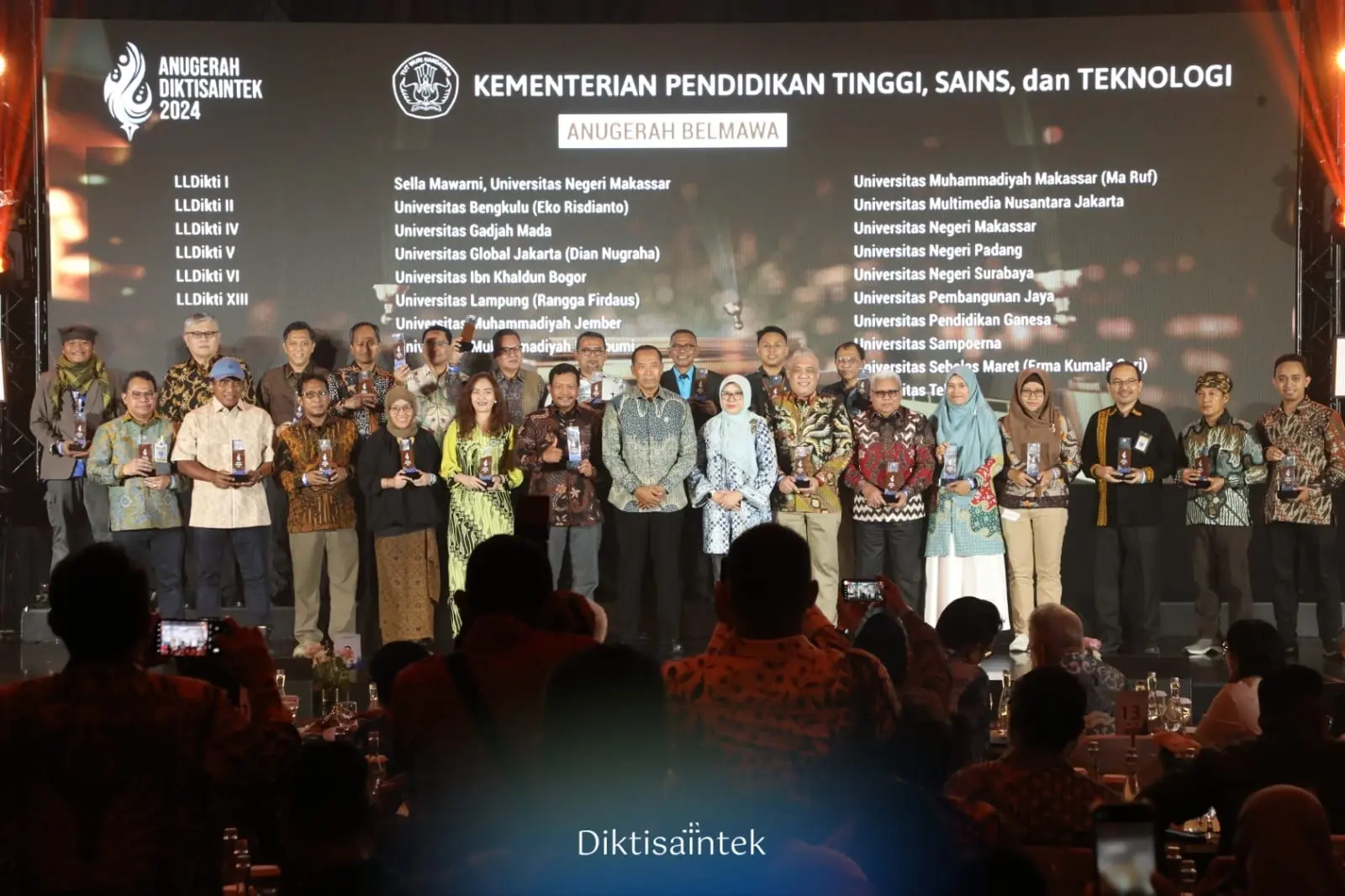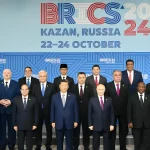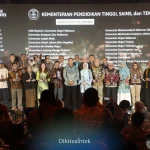04 Feb 2020
Energy Trilemma: The Complexity of Energy Issue in Indonesia
News & Event,
News & Events Faculty of Engineering & Technology,

An intriguing general lecture was conveyed on January 23rd, 2020, by Dr. Abidah B. Setyowati before the students of Sampoerna University, Faculty of Engineering and Technology. Dr. Setyowati is a scholar currently working for the School of Regulation and Global Governance in Australian National University (ANU). Her lecture revolved around the energy issue in the session entitled “Beyond Technical Fixes: Energy Governance and Climate Finance in Indonesia”.
Indonesia as a nation must start to think further considering the dire problem of climate change. “And here I’m pointing out that there are some key energy governance challenges in our country. We’re also facing many barriers to achieving three energy objectives,” she explained. Only after we can address all these issues then we can find best ways to move forward.
Dr. Setyowati highlighted the saddening fact that much of our electricity is generated by coal. “In Asia, there are more plans to build 92% of the world’s proposed coal-fired power plants,” the academician claimed. All this is because there is a large need of electricity in the continent, including Indonesia where there about 25 million people living in the archipelago without proper access to electricity.
She then posed some critical questions to answer. “We need to figure out some feasible solutions to overcome barriers to mobilize private climate finance for renewable rural electrification,” she spoke.
Here Dr. Setyowati also exposed the “energy trilemma” which refers to how we should address and handle energy law and policy making in the state. This comprises Energy Security, Energy Access, and Environment.
“Did you know that our electricity in Indonesia is highly dependent on fossil fuel such as diesel and coal? And did you all know that the cheap coal is available but since it is a non-renewable resource, it is running out from time to time? We can either rely on oil because Indonesia that previously exported oil has now become an importer!” she explained in great length on the energy security issue.
Energy access in Indonesia is also still relatively low because of its uneven geographical landscape. “It makes electricity that is generated by fossil fuel is less affordable for most of us especially in islands other than Java and Sumatera.” The electrification ratio is the highest (more than 90%) in Java, most part of Sumatera, some parts of Kalimantan and Sulawesi, most Halmahera and the west parts of West Papua.
Climate change has also made the existing challenges even more complicated. “Based on Paris Agreement, Indonesia is committed to reducing greenhouse gas emission by 29% (or 41% with the assistance of other countries) by 2030 but what we have achieved now is far from that,” she stressed. By 2025, our country aims to improve its renewable energy percentage to 23%.
All this is possible to achieve once Indonesia can invent technology innovation in renewable energy so that it is getting more affordable for most people.
“In Indonesia, investment is required in a total amount of 154 billion USD to achieve the energy mix target,” Dr. Setyowati said.
However, this is not fully supported by policy makers and government. She noticed that there is still regulatory uncertainties and misaligned policies, mentioning that administrative changes always lead to change of policy priority, a phenomenon prevalent in the country.
What is even more challenging is the political barrier. “There are vested interests of coal and fossil fuel companies in our current administration. These people are powerful and influential in the government and parliament.”
Why cannot Indonesians start the revolution themselves in spite of governance issues that may block technically and economically feasible solutions? It is because they have almost no access to finance, she argued. Financial options and access to finance are difficult for small and medium renewable energy projects.
Despite all these existing barriers, Dr. Setyowati manages to offer some hopes to move forward and make progress. Climate finance will never in itself yield to desired outcomes and equitable benefits so we must unite and make real changes no matter how small it seems. “We need to set up regulations that are innovative and responsive to changes. Our energy policies should also be more in favor of financial heterogeneity,” she said. (*/)





